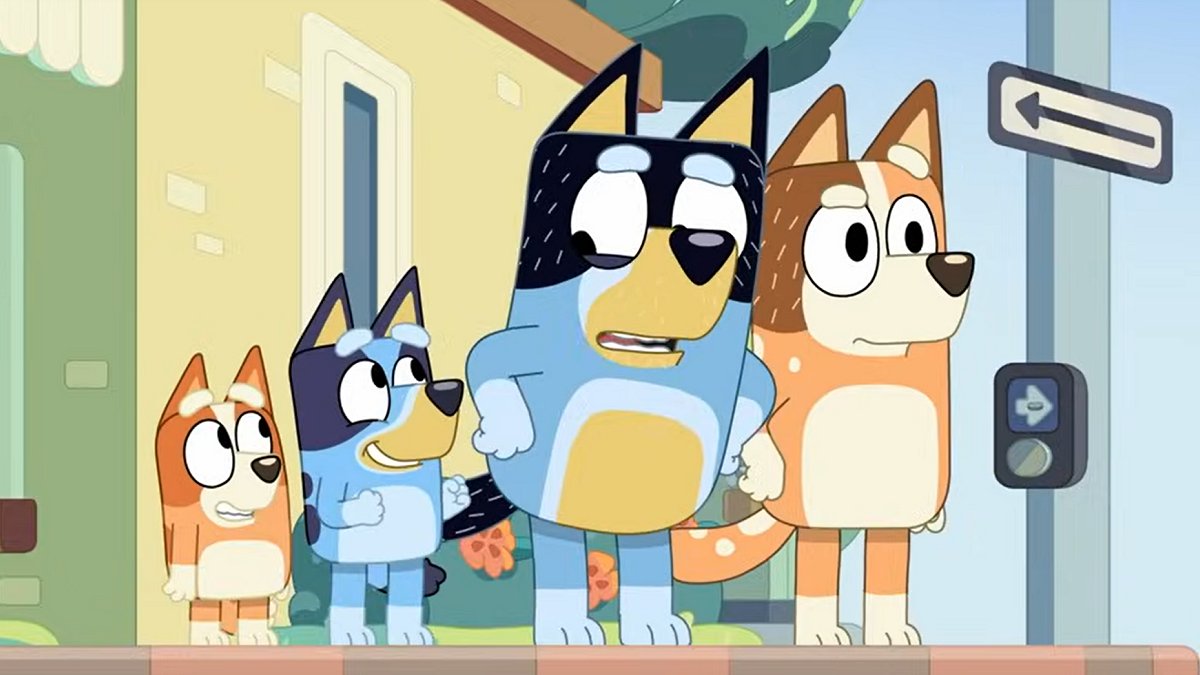Since our Breaking Bad recaps are going to end soon — sob! — The Mary Sue‘s offered to let us to recap The Walking Dead in their place this season (they assure us that they’re going to be too busy being the awesomest). But how are we going to catch up to their level of discourse? With an online college class about zombies. Duh.
Starting the day after the season premiere on October 13th, University of California, Irvine will offer a free online course for anybody interested in learning more about the key scientific, survival, and sociological topics that create a great zombie story. Even better, it won’t be graded, so you’ll get all the fun of discussing the moral and ethical implications of undead life without having to worry about memorizing anything.
The Canvas network course is officially called ” Society, Science, Survival: Lessons from AMC’s The Walking Dead,” and the description reads as follows:
From understanding social identities to modeling the spread of disease, this eight-week course will span key science and survival themes using AMC’s The Walking Dead as its basis. Four faculty members from the University of California, Irvine will take you on an inter-disciplinary academic journey deep into the world of AMC’s The Walking Dead, exploring the following topics:
- Maslow’s hierarchy of needs—is survival just about being alive?
- Social order and structures—from the farm and the prison to Woodbury
- Social identity, roles, and stereotyping—as shown through leaders like Rick and the Governor
- The role of public health in society—from the CDC to local community organizations
- The spread of infectious disease and population modeling—swarm!
- The role of energy and momentum in damage control—how can you best protect yourself?
- Nutrition in a post-apocalyptic world—are squirrels really good for you?
- Managing stress in disaster situations—what’s the long-term effect of always sleeping with one eye open?
Each week we’ll watch engaging lectures, listen to expert interviews, watch exclusive interviews with cast members talking about their characters, use key scenes from the show to illustrate course learning, read interesting articles, review academic resources, participate in large and small group discussions, and—of course—test our learning with quizzes. We recommend that you plan on spending about two (2) to four (4) hours per week on this course, though we believe the course is compelling enough you’ll want to spend more time.
At the end of this course, you will be able to:
- Describe how infectious diseases—like a zombie epidemic—spread and are managed
- Apply various models of society and Maslow’s hierarchy of needs to existing and emerging societies as a means for understanding human behavior
- Analyze existing social roles and stereotypes as they exist today and in an emerging world
- Debate the role of public health organizations in society
- Describe how mathematical equations for population dynamics can be used to study disease spread and interventions
- Apply concepts of energy and momentum appropriately when analyzing collisions and other activities that either inflict or prevent damage
- Summarize multiple methods for managing stress in disaster situations
We at Geekosystem are not shy about the fact that we’d be the first against the walls if a power-less Revolution-style… well, revolution were to occur. So these all seem like real useful skills to be picking up. Plus, I’m a sucker for a good analysis of social roles and stereotypes, which means I’m definitely on board.
To enroll in the course, all you have to do is go onto the Canvas website and with your name and e-mail address. I’m already signed up, so if you are, too, then we should form a Community-style study group. To make it more enticing, you should know that I have all the pop culture referencing capabilities of Abed, but with the neuroticism and social anxiety of Annie. And yeah, I guess there’s Britta–style social justice thrown in there. You wouldn’t have to bring much to the table for it to be a well rounded team of diverse characters, is my point here.
(Canvas via Forbes, image via Nate Eul)
- Squirrels are definitely not that good for us because they are trying to destroy us
- What’s up with our cultural obsession of zombies, anyway?
- California academic institutions seem to really enjoy this sort of thing








Published: Sep 6, 2013 11:19 am